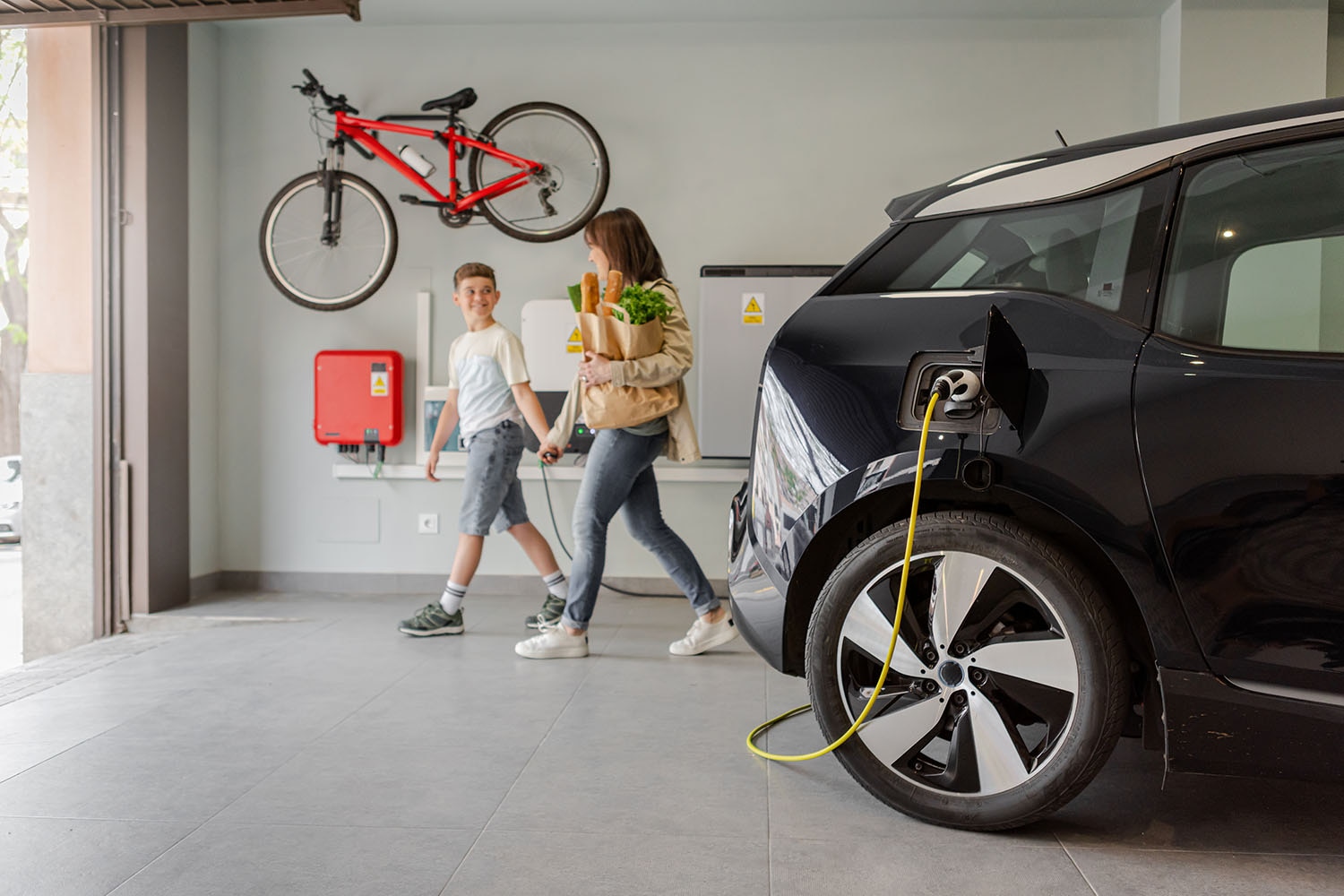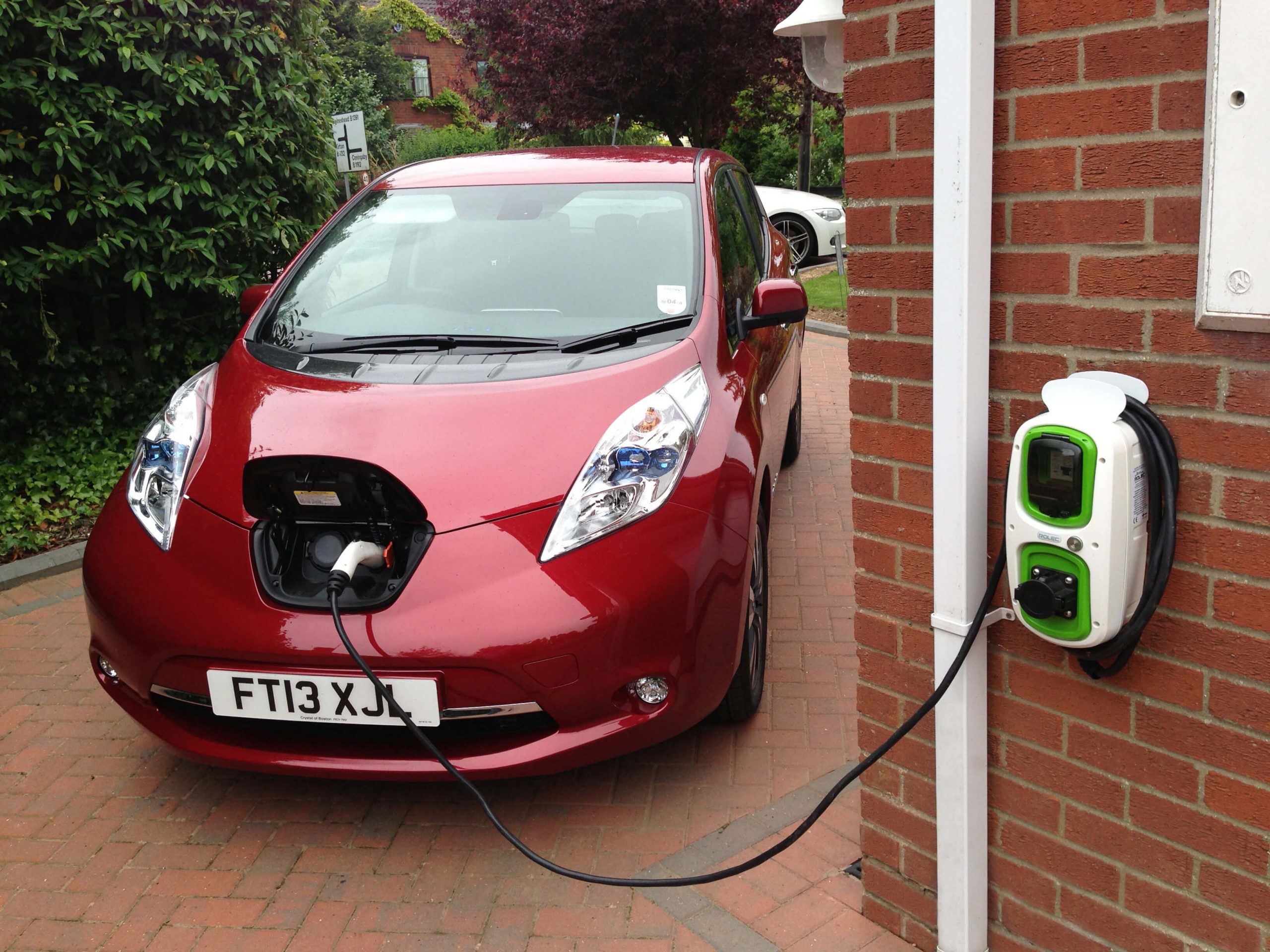Absolutely! Here’s a comprehensive 3000-word article on electric car home charger costs, structured with `
` and `
` headings for better readability:
Electric vehicles (EVs) are rapidly gaining popularity, and with this surge comes the need for convenient home charging solutions. Installing a home charger is a significant step for EV owners, but understanding the associated costs can be daunting. This guide breaks down the various factors that influence the total expense, helping you make informed decisions.
Understanding the Basics of Home EV Charging
Before diving into costs, it’s crucial to understand the different types of home chargers and their capabilities.
Level 1 Charging: The Slow and Steady Approach

Level 1 charging uses a standard 120-volt (in the US) or 230-volt (in Europe/UK) household outlet. It’s the simplest and cheapest option, as it requires no additional equipment beyond the charging cable that comes with most EVs. However, it’s also the slowest, adding only 2-5 miles of range per hour.
Level 2 Charging: The Faster and More Efficient Option
Level 2 charging uses a 240-volt (in the US) or 230-volt (in Europe/UK) circuit, similar to those used for electric dryers or ovens. This requires installing a dedicated charging station, but it significantly speeds up charging, adding 20-50 miles of range per hour.
DC Fast Charging: Not Typically for Home Use
DC Fast Charging (also known as Level 3 charging) is the fastest option, capable of adding hundreds of miles of range in an hour. However, it requires high-voltage, high-current connections and is typically found at public charging stations, not residential settings.
Breaking Down the Costs of a Home EV Charger
The total cost of a home EV charger installation can vary widely, depending on several factors.
Charger Unit Costs

The price of the charging unit itself can range from a few hundred to over a thousand dollars, depending on the brand, features, and charging speed.
Basic Chargers
Basic Level 2 chargers with essential features can cost between $300 and $700. These models typically offer adjustable amperage and basic safety features.
Smart Chargers
Smart chargers offer advanced features like Wi-Fi connectivity, smartphone app control, scheduling, and energy monitoring. These units can cost between $700 and $1,200 or more.
Premium Chargers
Premium chargers may include features like higher amperage capabilities, enhanced weatherproofing, and more robust build quality. These can exceed $1,200.
Installation Costs
Installation costs can significantly impact the overall expense, often exceeding the price of the charger itself.
Electrical Panel Upgrades
If your electrical panel lacks sufficient capacity, you may need to upgrade it. This can cost anywhere from $500 to $2,000 or more, depending on the complexity of the upgrade.
Wiring and Circuit Installation
Running a new 240-volt circuit from your electrical panel to the charging location involves labor and materials. Costs can range from $500 to $1,500, depending on the distance, accessibility, and complexity of the wiring.
Permits and Inspections
Many jurisdictions require permits and inspections for electrical work, which can add a few hundred dollars to the total cost.
Labor Costs
Electrician labor rates vary by region, but expect to pay between $50 and $150 per hour. The total labor cost will depend on the complexity and duration of the installation.
Additional Costs
Beyond the charger and installation, other costs may arise.
Mounting and Accessories
You may need to purchase a mounting bracket or pedestal for the charger, especially if you’re installing it outdoors or in a garage without a suitable wall. These can range from $50 to $200.
Smart Home Integration
Integrating your charger with a smart home system may require additional hardware or software, adding to the cost.
Future Proofing and Higher Amperage
If you anticipate needing faster charging in the future, it might be worth investing in a higher-amperage charger and wiring now, even if you don’t need it immediately. This can increase upfront costs but save money in the long run.
Factors Influencing Home Charger Costs
Several factors can influence the final cost of your home EV charger installation.
Electrical Panel Capacity
Older homes may have electrical panels with limited capacity, requiring upgrades to accommodate a 240-volt circuit.
Distance from Electrical Panel to Charging Location
Longer distances require more wiring and labor, increasing installation costs.
Accessibility of the Installation Location
Difficult-to-reach locations may require more labor and specialized tools, driving up costs.
Local Building Codes and Regulations
Local codes and regulations can impact the type of charger, wiring, and permits required, affecting overall costs.
Type of Charger and Features
As mentioned earlier, smart chargers and premium models cost more than basic units.
Professional Installation vs. DIY
While DIY installation can save on labor costs, it’s generally recommended to hire a licensed electrician to ensure safety and compliance with codes.
Finding Cost-Effective Solutions
While home charger installation can be expensive, there are ways to reduce costs.
Shop Around for Chargers
Compare prices from different retailers and brands to find the best deal.
Get Multiple Quotes from Electricians
Obtain quotes from several licensed electricians to compare prices and services.
Consider Rebates and Incentives
Many utility companies and government agencies offer rebates and incentives for EV charger installations. Research available programs in your area.
Optimize Installation Location
Choose a charging location that minimizes the distance from the electrical panel, reducing wiring and labor costs.
Plan for Future Needs
Consider future charging needs when selecting a charger and planning the installation. Investing in a higher-capacity system now can save money in the long run.
The Long-Term Benefits of Home EV Charging
While the upfront costs of a home EV charger can be significant, the long-term benefits are substantial.
Convenience
Home charging provides the convenience of charging your EV overnight, ensuring it’s always ready to go.
Cost Savings
Charging at home is typically cheaper than using public charging stations, especially during off-peak hours.
Increased Home Value
A professionally installed home EV charger can increase the value of your property.
Reduced Range Anxiety
Home charging eliminates the need to rely on public charging stations, reducing range anxiety and improving overall EV ownership experience.
Conclusion
Investing in a home EV charger is a smart move for any EV owner. By understanding the various costs and factors involved, you can make informed decisions and find cost-effective solutions. While the initial investment may seem daunting, the long-term benefits of convenience, cost savings, and increased home value make it a worthwhile expense. Remember to shop around, obtain multiple quotes, and research available rebates and incentives to maximize your savings. With careful planning and consideration, you can enjoy the convenience and benefits of home EV charging for years to come.



